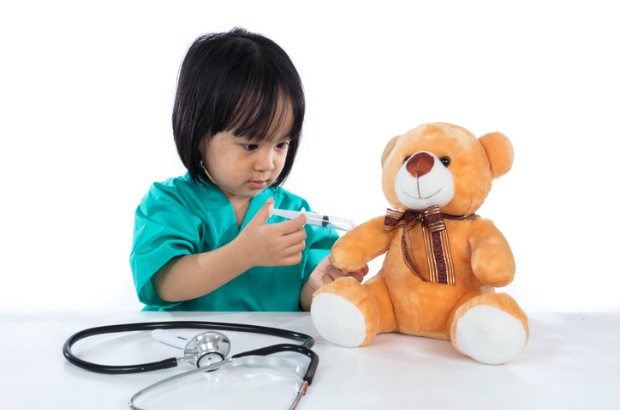
The world's very first vaccine – the smallpox vaccine – was introduced in 1796 but it was not until 1798 that the medicine was administered for the purpose of immunisation.
Today, smallpox has been completely eradicated.
The debate surrounding vaccination is fiercely personal and remains the responsibility and right of every parent to decide where they stand.
Personal viewpoints aside, there's no denying that since its development, diseases like poliomyelitis (polio), measles, tetanus and rubella have dramatically decreased across the globe.
- Also see: South African vaccination schedules
According to the World Health Organization, the global incidence of polio (sometimes referred to as infantile paralysis) has decreased by roughly 99% and death due to the measles virus by 84% worldwide.
In honour of World Immunization Week, 24-30 April 2018, we take a look at all the ways vaccination has improved the state of our children's health.
- Also see: The benefits of vaccinations in children
1. It saves 2 million lives every year
Prevention is most certainly better than cure; an estimated 2 to 3 million lives saved every year due to vaccination. The World Health Organisation's list of vaccine-preventable diseases includes the potentially lethal measles, pneumonia, pertussis (whooping cough) and tetanus.
2. It helps to prevent disability
Vaccination "can eliminate or mitigate many preventable illnesses that can lead to long-term impairments and disabilities," reports UNICEF.
Also worth noting is the virtual eradication of polio in South Africa, a disease which typically leads to physical impairment. The last reported case of the disease in SA was in the 1980s.
- Also see: Your top 13 vaccine questions answered
3. It lowers the infant mortality rate
Vaccine-preventable diseases such as pneumonia, pertussis and measles have been identified as some of the biggest causes of death in children under the age of 5 years.
An article published by The South African Medical Journal (SAMJ) reports that under-5 childhood deaths in SA decreased from its peak at 89 418 in 200 to 47 409 in 2013, and that the decrease can be attributed to vaccination.
4. It protects the most vulnerable members of society
If everyone who can get vaccinated, gets vaccinated, we create herd immunity. Pregnant mothers, the elderly, young babies too small to yet receive all their vaccinations, and those with immune-compromising diseases like HIV, are seen as the more vulnerable members of our society. A lack of immunisation places these members at a far greater risk. According to SAMJ, "a vaccine-preventable disease that might lead to a one- or two-week illness in an adult could prove deadly for infants, children or elderly people."
So if we can close the links around these vulnerable neighbours, we can help to save their lives too.
What's your view on vaccination in South Africa? Did your child have a positive or negative experience after being vaccinated? Tell us your story by emailing to chatback@parent24.com and we could publish your letter. Do let us know if you'd like to stay anonymous.
Read more:
- Baby vaccinations in SA: what and why
- All about vaccination and immunisation
- The vaccination schedules in South Africa: is your child up to date?
- Vaccinations are not negotiable




 Publications
Publications
 Partners
Partners














